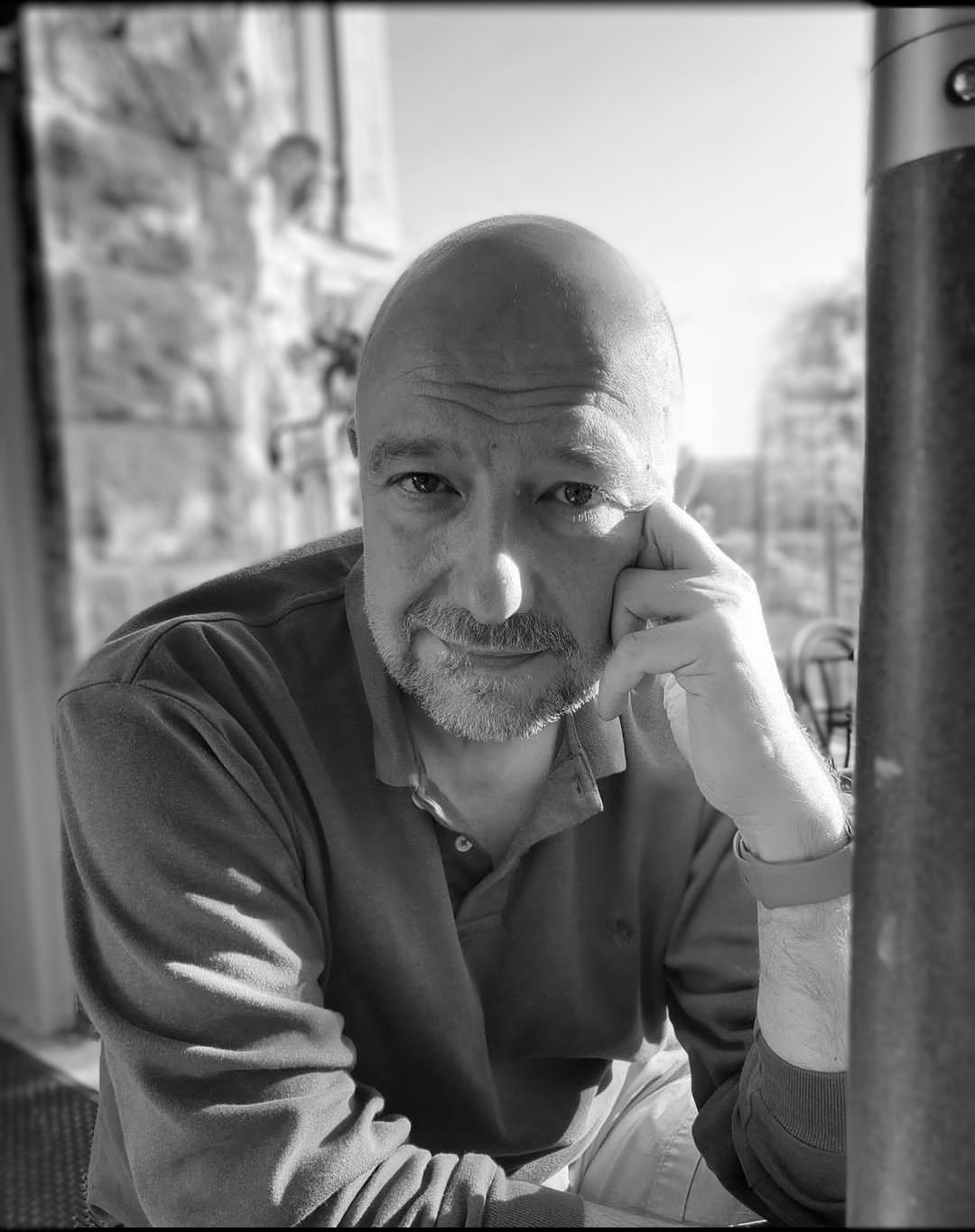 There's something incredibly Ballardian about this piece from the BBC, which comments on the sudden dropoff on solar activity, and what it might mean for our own climate. "It's completely taken me and many other solar scientists by surprise," says Dr Lucie Green, from University College London's Mullard Space Science Laboratory. No, there's no reason to begin strapping "The End Is Nigh" signs over our shoulders, but I'm keeping my eye out for plants suddenly crystallizing, or perhaps human beings turn into Picasso paintings.  Christof Koch at Scientific American asks if consciousness is universal. It's a question that causes him to consider the idea of panpsychism, and what such an idea might entail for human exceptionalism. His assessment? Given the lack of a clear and compelling Rubicon separating simple from complex animals and simple from complex behaviors, the belief that only humans are capable of experiencing anything consciously seems preposterous. A much more reasonable assumption is that until proved otherwise, many, if not all, multicellular organisms experience pain and pleasure and can see and hear the sights and sounds of life. For brains that are smaller and less complex, the creatures' conscious experience is very likely to be less nuanced, less differentiated and more elemental. Even a worm has perhaps the vaguest sense of being alive. Of course, each species has its own unique sensorium, matched to its ecological niche. Not every creature has ears to hear and eyes to see. Yet all are capable of having at least some subjective feelings. (snip) Taken literally, panpsychism is the belief that everything is “enminded.” All of it. Whether it is a brain, a tree, a rock or an electron. Everything that is physical also possesses an interior mental aspect. One is objective—accessible to everybody—and the other phenomenal—accessible only to the subject. That is the sense of the quotation by British-born Buddhist scholar Alan Watts with which I began this essay.  There's a lot of fascinating material in Koch's article, and a good deal of it appeals not only to the Buddhist in me but also to the lay transhumanist. Is the Internet enminded? What about the materials that, ultimately, would make up the hardware running Eganesque citizens? Enminded fleshers want to know! For better or worse, The Economist is recognizing science fiction. In short, Jonathan Ledgard believes that it's time for science fiction to save itself from all of these vampires, zombies, and other elements of dystopia (?) in favor of a more optimistic, "planetary" writing. Accelerating technological advances will rekindle hope that man can manipulate the atmosphere and genes to help lifeforms flourish. Stories will move away from howling and towards the possible. The new optimism will be most clearly seen in science fiction. The biggest successes in the genre in 2014 will be cheering tales set in the near future. That will mean more of Africa, more of equitable politics and, crucially, more of engineering solutions. Honestly, there's so much wrong with this brief essay that I'm unsure where to begin. Vampires and zombies are dystopian? Really? It's not the most asinine thing I've read all week--I think the Wall Street Journal managed that inglorious honor--but it still strikes me as self-serving and silly. Fortunately, a number of the regulars sitting at the Locus Roundtable already are parsing it.
1 Comment
|
Derek Austin Johnson has lived most of his life in the Lone Star State. His work has appeared in The Horror Zine, Rayguns Over Texas!, Horror U.S.A.: Texas, Campfire Macabre, The Dread Machine, and Generation X-ed. His novel The Faith was published by Raven Tale Publishing in 2024.
He lives in Central Texas. Archives
May 2024
Categories |

 RSS Feed
RSS Feed